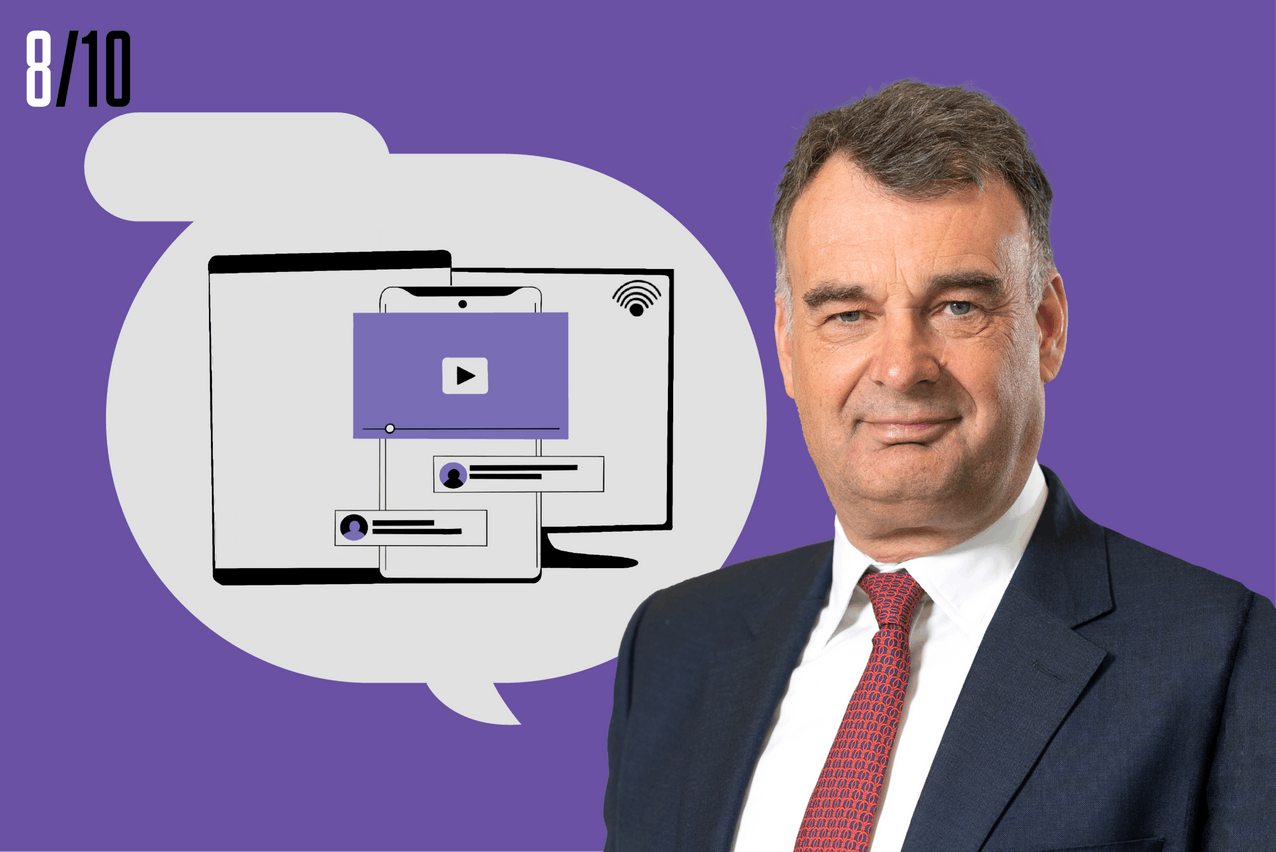Gaming is at the forefront of the media industry, both in terms of its rate of growth, but also in mergers and acquisition activity. “Microsoft is currently seeking to complete its biggest ever acquisition by paying US$75 billion for Activision Blizzard, the maker of hit games World of Warcraft and Call of Duty,” said Richard Carlyle, a London-based Equity Investment Director with Capital Group.
It’s easy to see why Microsoft is excited, as the latest version of Call of Duty is reported to have had made US$1bn sales (roughly €935 million) in the first 10 days after release. Games such as this retail for around €75 but provide many hours of entertainment, with tens of millions of people playing online at any time. “However, in China, there is a bias towards domestic games, often served by Tencent,” he commented. “The result is that Tencent is the biggest gaming company in the world by revenue with about US$35bn a year – up from near zero in 2010.” Gaming contributes about a third of Tencent’s turnover.
The world of pay TV is also changing. Boosted by COVID lockdowns, these platforms are now having to reassess. Central to this is where they source their content. “Three of Netflix's most popular series are Squid Game from South Korea, Lupin from France, and Money Heist from Spain: sold globally with subtitles. That's a fascinating, astonishing development,” Mr Carlyle commented. Companies such as Amazon and Disney are moving into live streaming of sport. And sport itself is changing, with the emergence of competitions featuring women at last capturing the headlines, while soccer (football) continues to challenge more traditional sports and entertainment in the US, China and India.
“Most people would have said two or three years ago that Facebook and Google would continue to dominate in terms of online advertising revenue, but they face a number of headwinds,” he said. TikTok now has 1.8 billion monthly average users, a figure which is growing, threatening Facebook’s position despite its largely stable 3 billion user base. “Apple’s recent privacy initiatives have affected Google and Facebook’s advertising revenue, and this has shaken investor confidence,” he added. “We are trying to work out whether these platforms are durable, or if the next generation will choose a different platform every decade.”
Then there is the US$36bn question: the amount Meta (Facebook’s parent company) are reported to have invested in the metaverse concept. “We are all trying to work out what the metaverse means,” said Mr Carlyle. Some foresee a digital world where people will interact, play games, make purchases, meet co-workers, and so on. Others have a more modest vision, such as Apple favouring augmented reality of the real world animated by digital tools.
This is all having an impact on the delivery technology, be it games consoles, smart TVs, computers and mobile devices. Perhaps the platforms themselves may struggle in this competitive environment, but the providers of connectivity could be the ones set to benefit from increased demand for fixed and mobile bandwidth.
Are you interested in the expertise presented by Capital Group? Click to visit Capital Group’s website.
